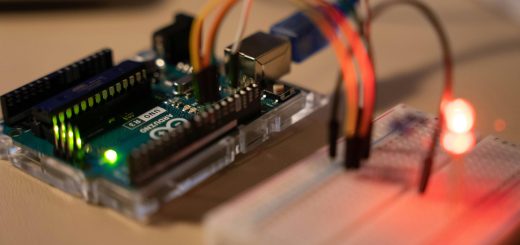Best Ways To Cope With Substance-Induced Mood Disorder

Mood disorders affect all aspects of your life. Some mood swings are normal fluctuations that come and go. However, you need to learn coping mechanisms when your moods start to impact your relationships and social life.
Get Enough Sleep
Lack of sleep causes mania in people with mood disorders and addiction. Unfortunately, people with this condition stay up late, watching movies or playing video games. The trick is to just go to bed once you feel the urge to watch a movie, or you can listen to cool music or take a warm bath.
Educate Yourself
To cope with depressive episodes and mania, you need to learn the signs and symptoms of the condition. Check information online or ask your doctor. This way, you will identify the symptoms before they worsen.
Build Strong Support Group
Be close with sober friends and relatives or join a support group. The more you isolate yourself, the more you increase the risks of mood disorder. Being lonely can also increase the chances of depressive episodes.
Laugh
According to research, laughter can reverse a harsh response and minimize serotonin and dopamine levels. Look for ways to make yourself laugh, such as watching a funny comedy or talking with people. The moment you laugh, it shows you have managed your emotions.
Reduce Stress
Stress is the major mood disorder trigger. Unfortunately, addicts experience stress due to loneliness, sadness, or feeling worthless. Keep stress at bay by simplifying your life and leaving a toxic workplace. In addition, practice stress management techniques like meditation or yoga.
Keep A Record
Keep records of your mood. The data will help you know what triggers your moods and work on improving them. For instance, if you feel moody after sleeping for fewer hours, the pattern will help you act in the right way.
Develop A Schedule
People with mood swings don’t do well with changes. Make a daily schedule and stick to it. Take meals, a bath, exercise, sleep and wake up simultaneously daily. The procedure will keep you busy and engaged, thus reducing the chances of mood swings.
Take Medications
Mood disorder is a manageable condition through medication. However, avoid self-medication and visit Denver residential rehab for addiction treatment.
Eat Healthily
There is a link between food and mood. Research published in the American Journal of Clinical Nutrition in 2014 showed that diets with lots of veggies, fruits, and whole grains reduced the chances of depression. Similarly, some foods can also increase alcohol cravings.
Exercise
Being physically active can help improve moods. Physically active people have better memories and less depression. You can start with simple exercises such as walking, running, or going to the gym.
Have A Purpose
With a purpose to live for, you can do anything to make an impact on someone else’s life. Join community volunteer programs and assist those suffering from addiction and other problems. This will create a pathway to peace and calmness.
It is easier to diagnose addiction than to diagnose a mood disorder. If you have depressive episodes, seek medical help, exercise, avoid stress, get enough sleep, and join a support group.
















